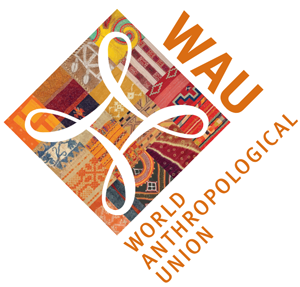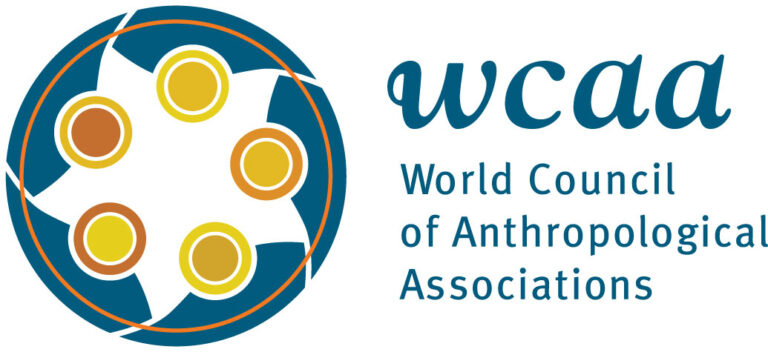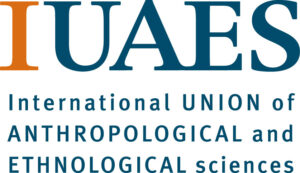Questions for Journal Editors for the Tenth Anniversary of Deja Lu
Interview by Joy Owen with Stephanie Kitchen, Managing Editor, Africa
18 November 2021
Tell us about the journal you edit.
Africa is the journal of the International African Institute. It has been published since 1928. Nowadays 5 issues per year are published, including special issues. The journal prioritizes articles based on ethnographic research in the African continent. Anthropology is a central discipline to the journal but all humanities and qualitative social science fields in African studies are considered.
Who publishes in your journal? Of what national origin? Who are your authors, typically? What are the language options for your authors publishing with you?
Any researcher working in the above fields can submit to the journal. In practice the majority of our authors are fairly evenly divided between Europe, Africa and North America. We publish both early career academics, including their doctoral work, and more senior scholars. Articles are published in English, with French abstracts, but submissions can be reviewed in English, French or Portuguese. If a paper in French or Portuguese is accepted, the journal will arrange and cover the costs of translation.
Can international authors publish in your journal?
Absolutely! Authors working in relevant fields in the African continent are particularly encouraged to submit.
What topics define your journal? Do you encourage your authors to deal with
national topics? Regional topics? Global topics? What is your particular focus?
Anthropology, ethnography, life ‘on the ground’ in African societies. ‘Local’ studies are encouraged but authors may be asked to relate their work to more regional or continental concerns as well as – to some extent – theoretical and disciplinary discussions.
What is the editorial process like? Who carries it out? Do you have an institution
that shelters you? Who finances your journal? How many people make up the
editorial team? Does anyone receive a salary for that job?
The journal is owned and supported by the International African Institute based at SOAS, University of London. It is published under license by Cambridge University Press. There are 3 co-editors, a book reviews editor, and an assistant book reviews editor, all of whom are either paid or receive editorial support grants to enable their work on the journal. The grants can be used to buy-in substitute teaching or to contribute to the costs of research. As the managing editor, I am paid a salary by the Institute.
Articles can be submitted by email. They are reviewed by members of the journal’s editorial board and one or two additional external reviewers. I oversee this work and the journal editors are involved in selecting reviewers and making decisions about papers.
What criteria do you have to accept an article? Do you have a referee system for your journal? How does it work? How do you locate referees? What societies do your referees tend to come from?
In our letter to reviewers, we state that ‘we are looking for original papers, preferably based on the author’s own field or archival research, and offering a theoretically-informed, incisive analysis or interpretation of the data.’ Editorial board members are regularly involved in reviewing papers; other referees are identified from specialist fields of study, authors who have previously published in the journal, from countries in which studies are based, and with relevant disciplinary subject knowledge.
It’s often said that there is an Anglo-American core of journals that dominates global anthropological publication, in terms of theories that need to be cited. Does that have any impact on your journal? Do you try to encourage local theorization, or do you not feel the need to do that?
Our authors are encouraged to deploy a range of theoretical approaches within the human and social sciences. The journal’s description further states that ‘it maintains [a] commitment to the theoretically informed analysis of the realities of Africa’s own cultural categories’. So in that sense, ‘thinking Africa from Africa’ or ‘theory from the South’ approaches are encouraged so as to contribute to theorisation. In a recent special issue published in the journal on the study of queer experiences in the African continent, authors Rachel Spronk and S. N. Nyeck summarise their approach: ‘We propose to study queerness as part of broader quotidian realities so as to further theorize the study of sexualities and queerness. … In making queerness not an object of study but rather a subject of its own theorization based on everyday experience, this special journal issue explicitly and deliberately asserts the vernacular and the mundane as a locus of knowledge. One implication is especially pertinent: knowledge on queerness cannot be prefabricated or preassembled in theoretical laboratories with the aim of merely applying it to an African context. By doing so, Africa functions – as it always has – only as a variable in the study of cultural difference, one that is different from, by implication, a Euro-American centre. … we are not trying to ‘define’ African queer sexualities; rather, we seek to provoke conversations about the terms and agencies of their expansion …’
What are the biggest problems that you face as a journal editor?
It is a huge privilege to be involved in such a journal, and the co-editors and assistant editors (invited/employed by the Institute) tend to share these sentiments. We are aware of the dynamics of editorial gatekeeping and the value invested in our roles. Further, the vast majority of our authors and reviewers and production colleagues are a pleasure to work with. The problems we face relate to dynamics we often have little power to address (though we sometimes try in limited ways) such as the lack of resources and infrastructures for anthropological research in the African context (beyond some notable and noble exceptions), and the unequal structures in scholarly communication and publishing between North and South. The most recent iteration of this is the unequal distribution of resources for open access that on most of the evidence so far are being consolidated in the well-endowed institutions of Europe and North America.



